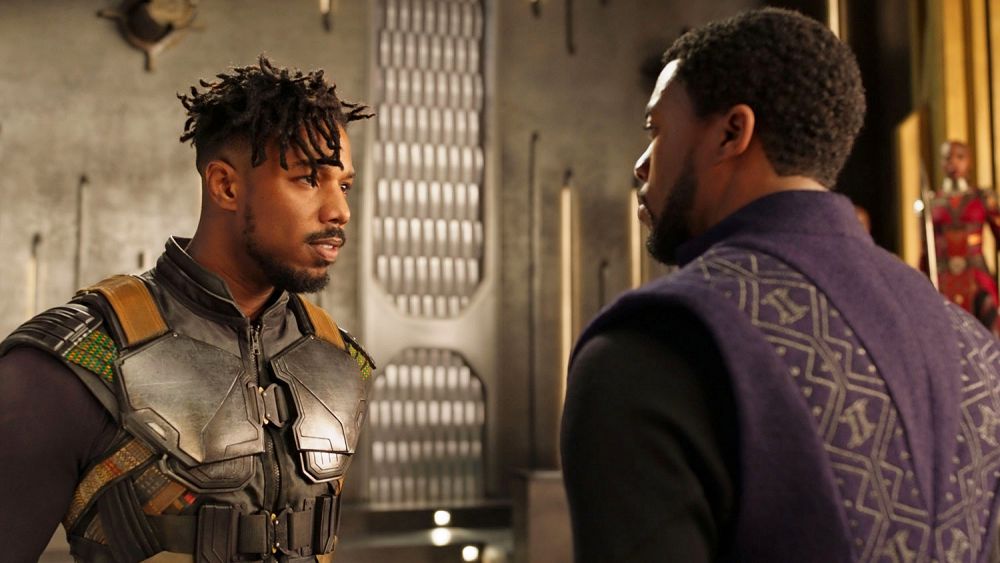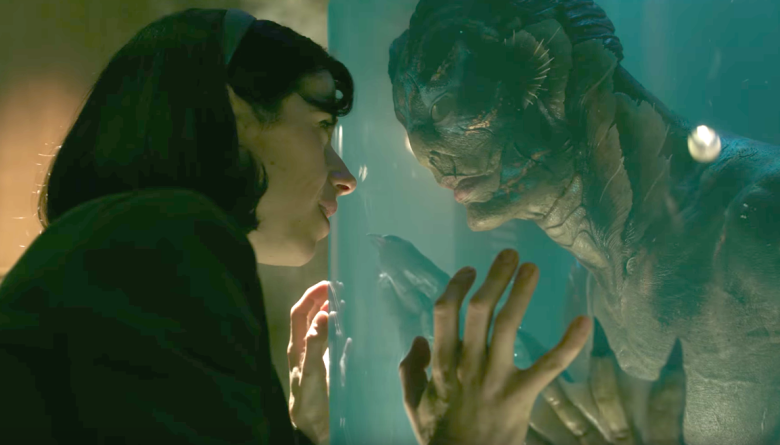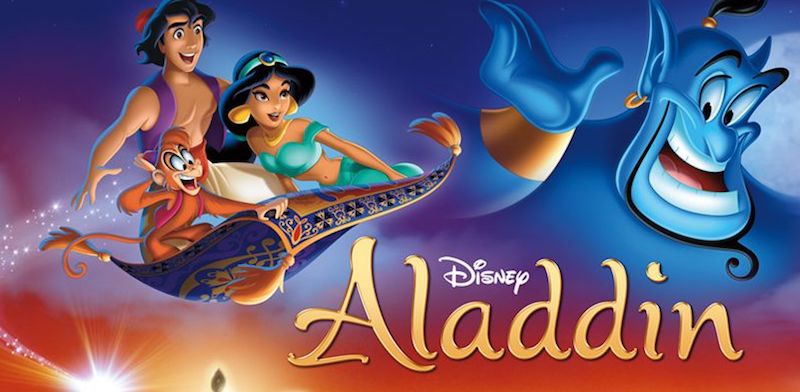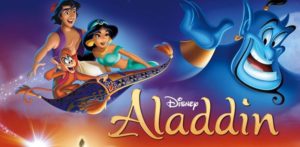Black Panther: The Accents, The Villain, The Women
Posted on February 25, 2018 at 2:20 pm
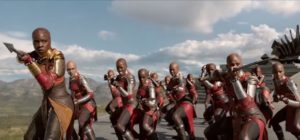
“Black Panther” is now more than a blockbuster, record-smashing superhero movie. It is a genuine cultural phenomenon, with thought-provoking and remarkably nuanced issues of identity, race, gender, and politics, and it has inspired some fascinating commentary.
Slate goes behind the scenes in an interview with Beth McGuire, director of speech and dialects at Yale and dialect coach for the film.
Aisha Harris asks:
In general, even if you’re a classically trained performer, do you think there’s a greater jump from an American accent to an African accent than there would be from a British accent to an African accent?
I think so. It depends on the country, because if you’re doing Liberian, then American’s gonna help you. If you’re doing Rwanda, neither British or America’s gonna help you because it depends on who colonized the country. But if you’re doing Nigerian, then yes, definitely British is gonna help you. If you’re doing South African, you know, that’s a call, because you had the Dutch. Honestly, it depends on who the damn colonizer was.

I always say that the most important character in a superhero movie is the villain, and Michael B. Jordan’s Erik may be the best bad guy in the history of superhero movies. He isn’t some alien who wants to control the universe. He’s just an American guy who has experienced and witness a lot of injustice. As Ryan Coogler told me in an interview, at the beginning of the film he is more altruistic than the hero. But because of the losses he has suffered, he is a damaged person and his empathy does not extend beyond the people he identifies with.
In The Atlantic, Adam Serwer compares Killmonger to X-Men Antihero Magneto:
Killmonger’s stated purpose, to liberate black people all over the world, has sparked a lively discussion over whether he is a bad guy to begin with. What could be so bad about black liberation? “I fist-pumped in the silent, dark theater when he was laying out his plans,” writes Brooke Obie at Shadow and Act. “IT’S A GOOD IDEA!” That Coogler’s villain has even inspired this debate is a testament to how profound and complex the character is.
“In the end, all comes down to a contest between T’Challa and Killmonger that can only be read one way,” writes Christopher Lebron in a well-argued piece in Boston Review, “in a world marked by racism, a man of African nobility must fight his own blood relative whose goal is the global liberation of blacks.”
This is not actually what happens in the film. Killmonger’s goal is, in his eyes, the global liberation of black people. But that is not truly his goal, as Coogler makes clear in the text of the script and in Killmonger’s interactions with other characters. Like Magneto, another comic-book character who is a creation of historical trauma—the Holocaust instead of the Middle Passage—Killmonger’s goal is world domination. “The sun will never set on the Wakandan empire,” Killmonger declares, echoing an old saying about the British Empire, to drive the point home as clearly as possible. He sees no future beyond his own reign; he burns the magic herbs Wakandan monarchs use to gain their powers because he does not even intend to have an heir.
In The Root, Carolyn Hinds and Clarkisha Kent talk about the themes of duality in the film.
During the challenge ceremony, M’Baku chastises Shuri (because what he sees as a child who is in charge of all the tech in Wakanda and thereby the future of Wakanda) for showing disregard for traditions that T’Challa himself is taking part in. What I also appreciated about that scene was when T’Challa told M’Baku to yield, he did because he realized that his people still needed his leadership.
Now, what Ryan Coogler did so brilliantly with the challenge scene is that at the climax of the film, T’Challa and Killmonger are practically in the same situation, but instead of yielding Killmonger chooses death later on over instead of yielding to T’Challa. When he said that he’d rather be thrown into the sea instead of being in bondage, I felt like someone had punched me in the gut and started to cry because that imagery and history is so real to me that I didn’t pick up on his other reason. Over time, I came to realize that in his mind, Killmonger would rather be dead than owe T’Challa anything—including a life. He chose death over possibly being locked up for what he did.
The gender politics of the film are as thoughtful as the race politics. In the Washington Post, Shanon Lee writes:
From the start, the story avoids the sexist tropes we are accustomed to watching on film. The women’s sex appeal is obvious but secondary to their personality and skill. They are strategic opponents in battle, saving the life of Black Panther T’Challa (Chadwick Boseman) several times over. Equally entrusted with guiding and protecting the nation, they do not need to be rescued, sustained or lauded by men.
When romances are revealed between Nakia and T’Challa, and Okoye and W’Kabi (Daniel Kaluuya), we get to see the dynamics of each relationship play out.
And Slate calls Black Panther more feminist than Wonder Woman. “Black Panther confidently performs the tricky balancing act of writing fully realized women characters into a traditionally male-centered narrative by wholeheartedly believing that they are integral to the storytelling.”
TIME’s Arica L. Coleman writes about the real-life inspiration for “Black Panther’s” women warriors.

In the film, the fictional Dora Milaje — “adored ones,” an all-female military group that protects the King and the fictional nation of Wakanda — are perhaps the most obvious example of female strength. The Dora Milaje were introduced in Black Panther comic by Christopher Priest, who took over as lead writer of the series in 1998; since the series’ relaunch in 2016, they’ve become much more central to the plot. (The title character, who was Marvel’s first African-American superhero, was created in 1966.) In their initial appearance, Priest’s narrator describes the female bodyguards as “Deadly Amazonian high school karate chicks,” who were also the King’s “wives-in training.” While many have speculated about the inspiration behind these warriors, it is clear that one of their main antecedents was the famous all-female African military corps of Dahomey, West Africa (now The Republic of Benin), whom the French dubbed “Dahomey Amazons” after female warriors in Greek mythology.
Those who want to understand the history of the character will enjoy these comments from one of the leading writers on race and politics, Ta-Nehisi Coates, who has written Black Panther comics:

